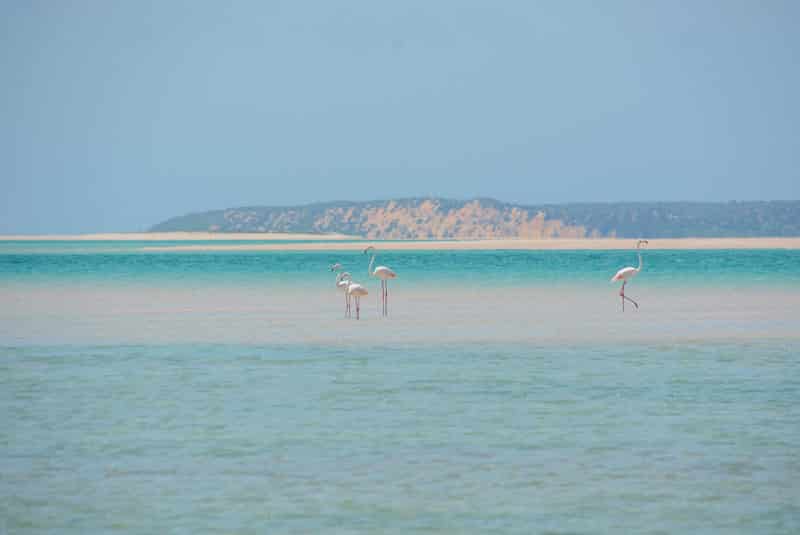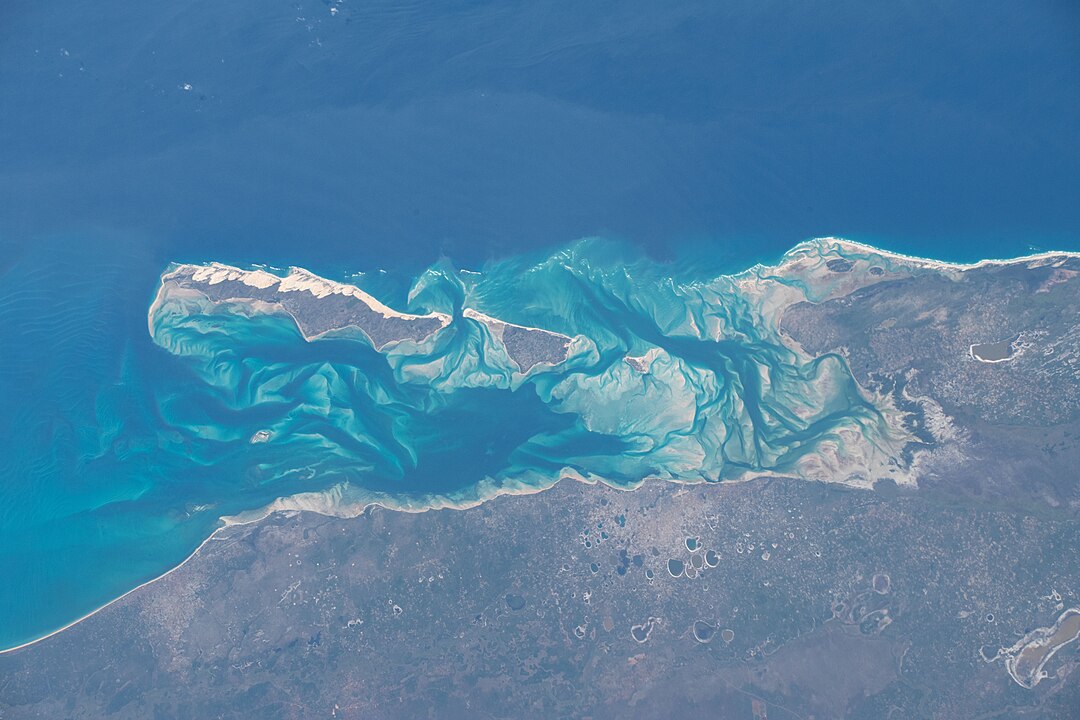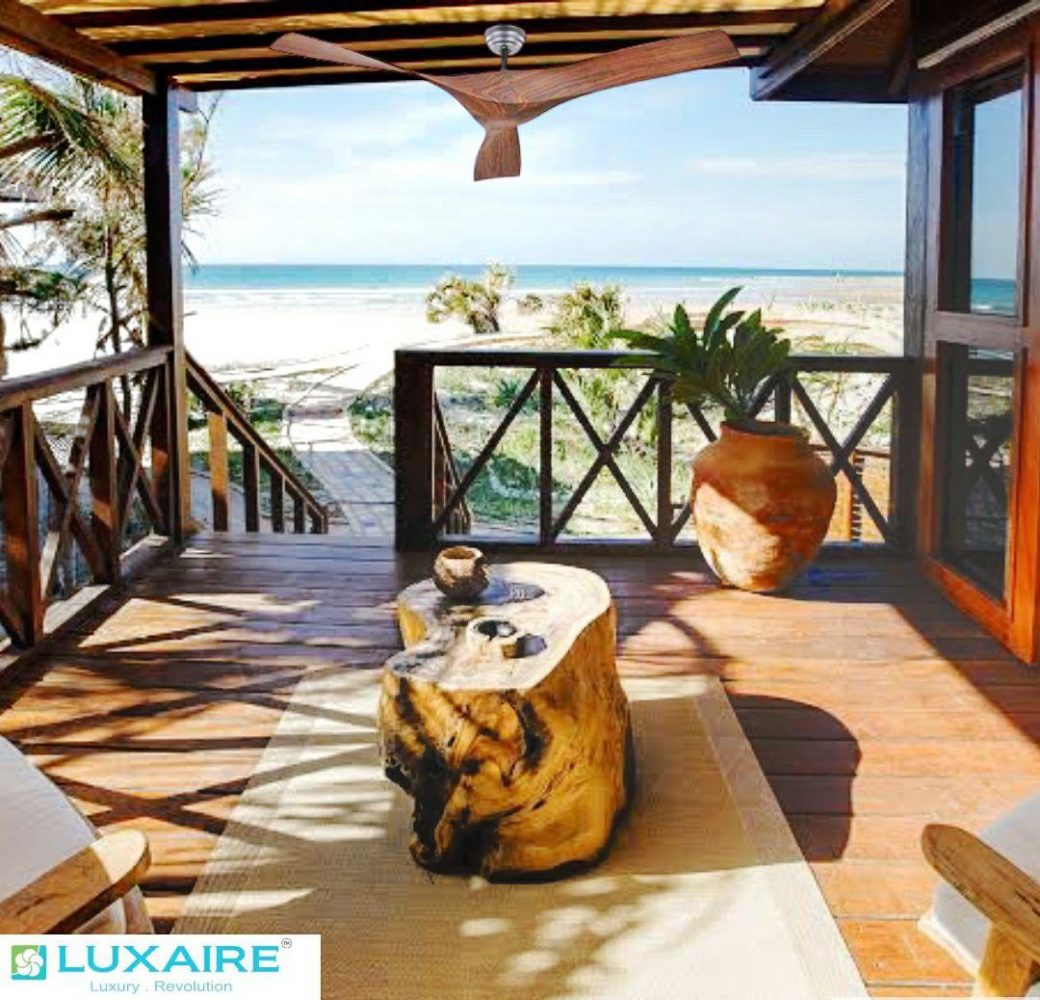Mozambique: A Jewel on the East African Coast
Related Articles: Mozambique: A Jewel on the East African Coast
Introduction
With great pleasure, we will explore the intriguing topic related to Mozambique: A Jewel on the East African Coast. Let’s weave interesting information and offer fresh perspectives to the readers.
Table of Content
Mozambique: A Jewel on the East African Coast

Mozambique, a nation nestled along the southeastern coast of Africa, is a country of stunning natural beauty, rich history, and vibrant culture. Its strategic location on the Indian Ocean, coupled with its diverse landscapes and abundant resources, has shaped its past and continues to influence its present and future.
A Glimpse into Geography and Location
Mozambique’s geographical position is crucial to understanding its significance. Situated on the eastern edge of the African continent, it shares borders with Tanzania, Malawi, Zambia, Zimbabwe, and South Africa. Its coastline stretches over 2,470 kilometers, making it one of the longest in Africa. This extensive coastline provides access to the Indian Ocean, a vital trade route for centuries.
The country’s topography is characterized by a narrow coastal plain, gradually rising to a plateau in the west. This plateau is dissected by numerous rivers, including the Zambezi, the Limpopo, and the Save, all of which play a significant role in the country’s water resources and transportation network.
A Journey Through History
Mozambique’s history is deeply intertwined with the Indian Ocean trade. From the 10th century onwards, Arab traders established settlements along the coast, fostering trade and cultural exchange. The arrival of Portuguese explorers in the 15th century marked a new era, with Portugal establishing colonies and controlling the lucrative trade routes.
The Portuguese presence in Mozambique, while bringing economic prosperity, also led to the exploitation of resources and the imposition of a colonial regime. The struggle for independence began in the mid-20th century, culminating in 1975 with the declaration of the Republic of Mozambique.
A Tapestry of Culture and Diversity
Mozambique is a nation of diverse cultures and ethnicities. The majority of the population is Bantu-speaking, with the largest groups being the Makua, the Shangaan, and the Tsonga. Each group has its own distinct traditions, languages, and customs, contributing to the vibrant cultural mosaic of the nation.
The country’s cultural heritage is evident in its music, dance, and art. Traditional music, often featuring drums, xylophones, and flutes, is an integral part of social gatherings and celebrations. Dance forms, like the "xigubo" and the "marrabenta," are lively and expressive, reflecting the energy and joy of the people.
Economic Landscape and Opportunities
Mozambique’s economy is heavily reliant on natural resources. The country possesses significant reserves of coal, natural gas, and titanium, which have the potential to drive economic growth. Agriculture, particularly the production of cashew nuts, cotton, and sugar, also plays a significant role in the economy.
However, Mozambique faces challenges in developing its economy. Poverty remains a major concern, and the country is vulnerable to natural disasters like cyclones and droughts. Despite these challenges, the government is focused on diversifying the economy, attracting foreign investment, and promoting sustainable development.
Tourism: A Gateway to Beauty and Adventure
Mozambique is blessed with stunning natural beauty, offering diverse tourism experiences. The country’s pristine beaches, crystal-clear waters, and vibrant coral reefs attract divers and snorkelers from around the world. The Bazaruto Archipelago, with its idyllic islands and abundant marine life, is a particularly popular destination.
Beyond the beaches, Mozambique offers opportunities for adventure and exploration. The country’s national parks, such as Gorongosa National Park and Limpopo National Park, are home to a wide array of wildlife, including elephants, lions, leopards, and hippos. These parks provide unique opportunities for safari experiences and wildlife photography.
Mozambique in the World Map: A Point of Connection
Mozambique’s strategic location on the Indian Ocean has always made it a point of connection between different cultures and civilizations. Today, the country continues to play a vital role in regional and global affairs.
As a member of the Southern African Development Community (SADC), Mozambique actively participates in regional economic integration and cooperation. The country is also a member of the United Nations, the African Union, and other international organizations, contributing to global efforts on issues such as peace, security, and sustainable development.
Frequently Asked Questions
Q: What are the main languages spoken in Mozambique?
A: The official language of Mozambique is Portuguese. However, many other languages are spoken, including various Bantu languages such as Makua, Shangaan, and Tsonga.
Q: What is the currency of Mozambique?
A: The currency of Mozambique is the Mozambican metical (MZN).
Q: What are some popular tourist destinations in Mozambique?
A: Popular tourist destinations in Mozambique include the Bazaruto Archipelago, Gorongosa National Park, Maputo, and the beaches of Pemba and Inhambane.
Q: What are the best times to visit Mozambique?
A: The best time to visit Mozambique is during the dry season, which runs from May to October.
Q: Are there any visa requirements for visiting Mozambique?
A: Visa requirements for visiting Mozambique vary depending on the nationality of the traveler. It is recommended to check with the Mozambican embassy or consulate in your country for the latest information.
Tips for Traveling to Mozambique
- Plan ahead: Book flights and accommodation in advance, especially during peak season.
- Pack light: The climate in Mozambique is tropical, so pack light, breathable clothing.
- Bring insect repellent: Mosquitoes can be a nuisance, so pack insect repellent with DEET.
- Learn some basic Portuguese: While English is spoken in tourist areas, learning a few basic Portuguese phrases will enhance your experience.
- Respect local customs: Dress modestly when visiting religious sites and be mindful of cultural sensitivities.
- Stay hydrated: Drink plenty of bottled water to avoid dehydration.
- Be aware of your surroundings: Exercise caution in crowded areas and be mindful of your belongings.
Conclusion
Mozambique, with its stunning landscapes, rich history, and vibrant culture, is a country that offers a unique and unforgettable travel experience. From its pristine beaches to its diverse wildlife, from its bustling cities to its tranquil villages, Mozambique holds a special place on the world map, beckoning travelers to explore its beauty and embrace its warmth.








Closure
Thus, we hope this article has provided valuable insights into Mozambique: A Jewel on the East African Coast. We thank you for taking the time to read this article. See you in our next article!